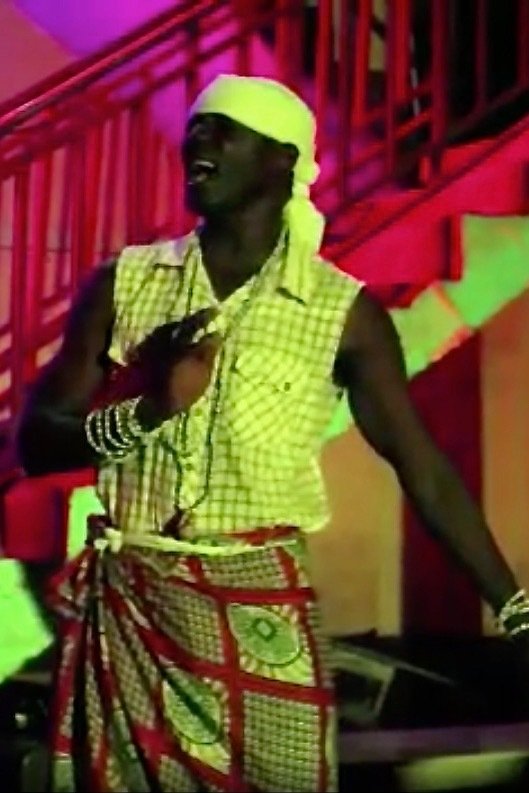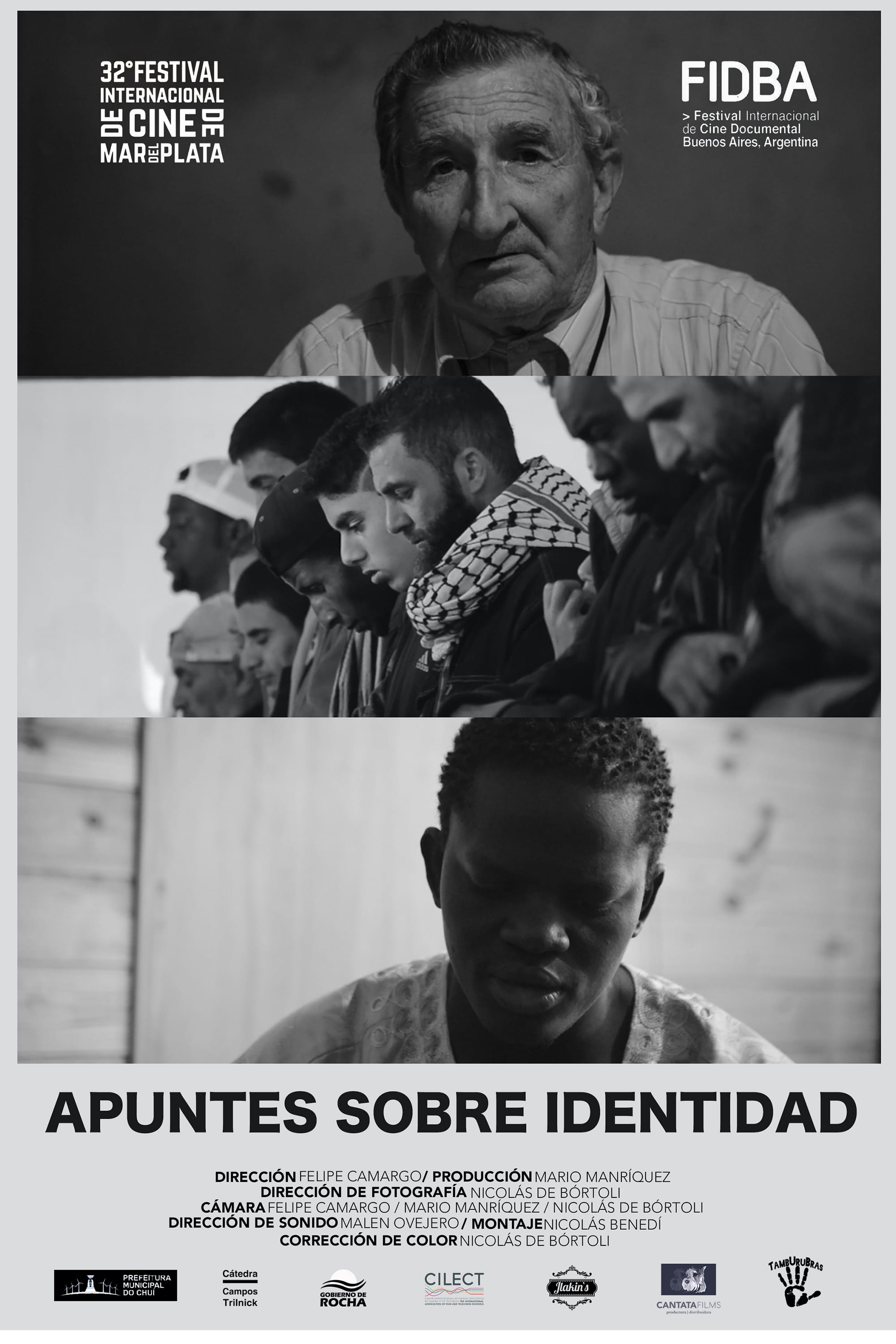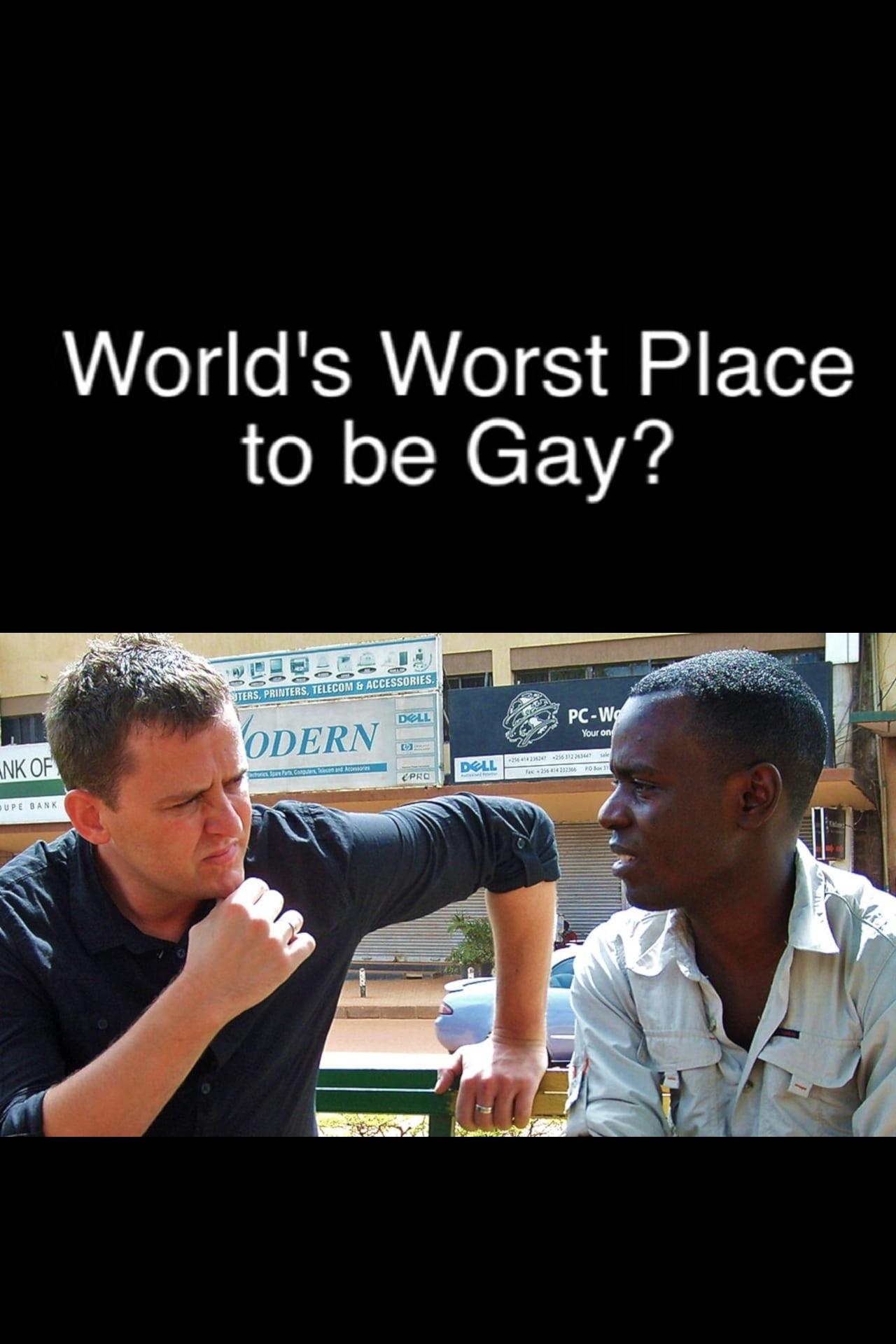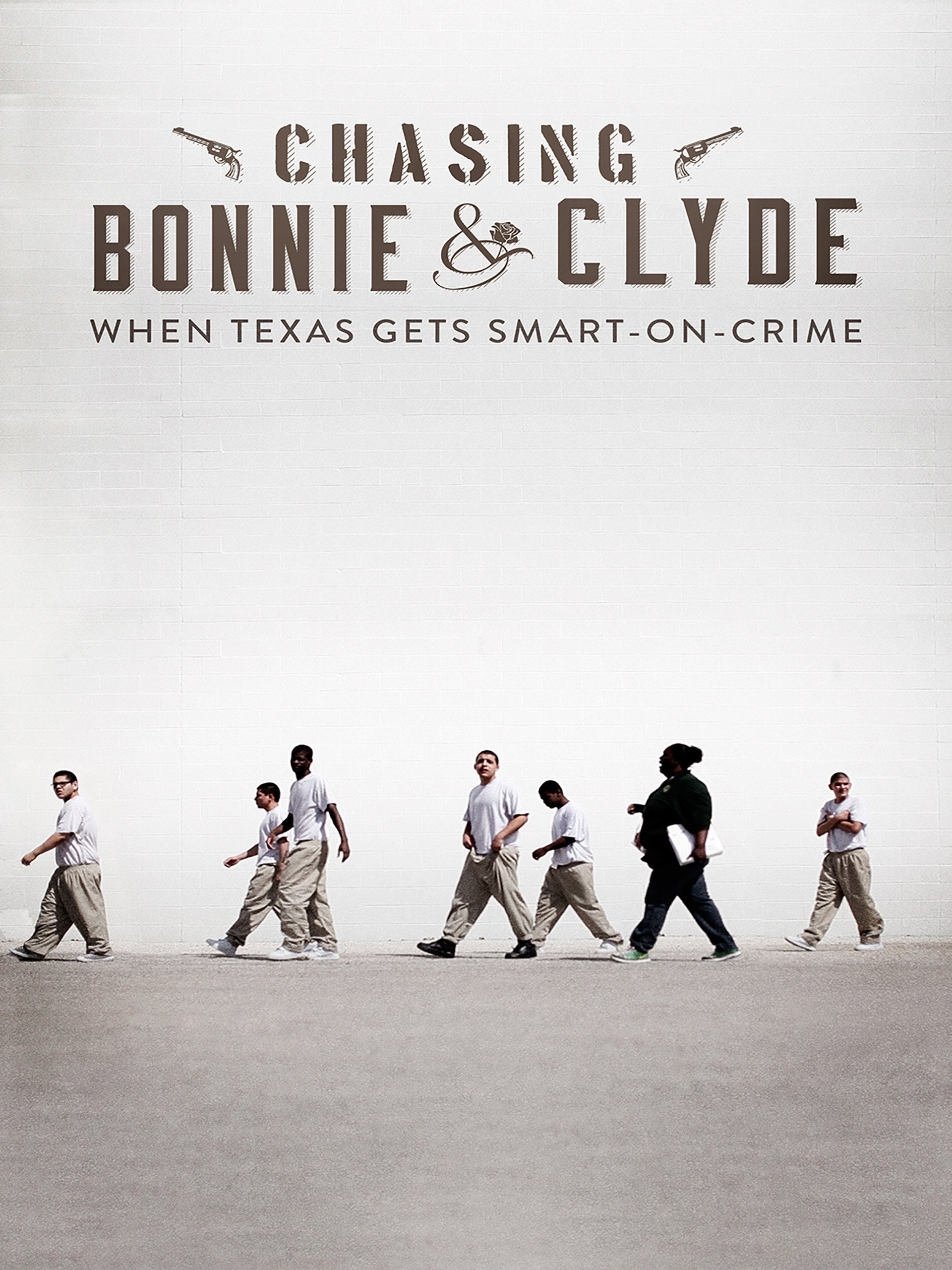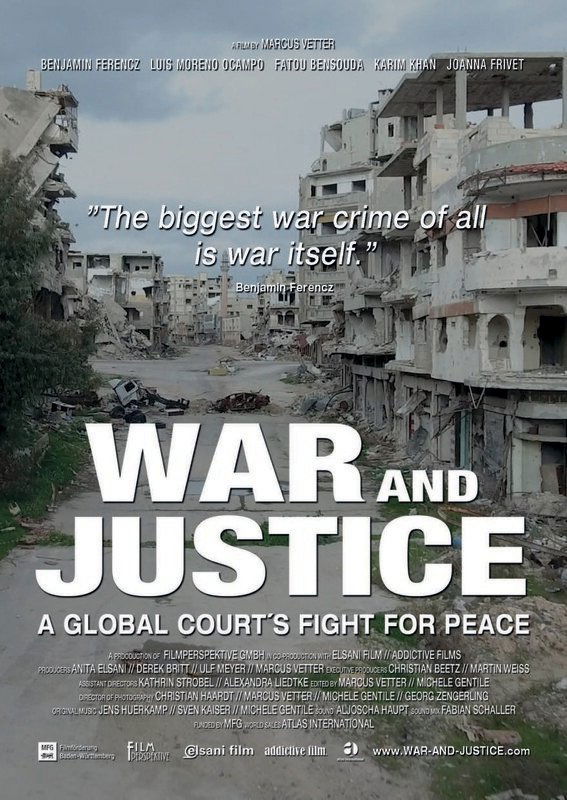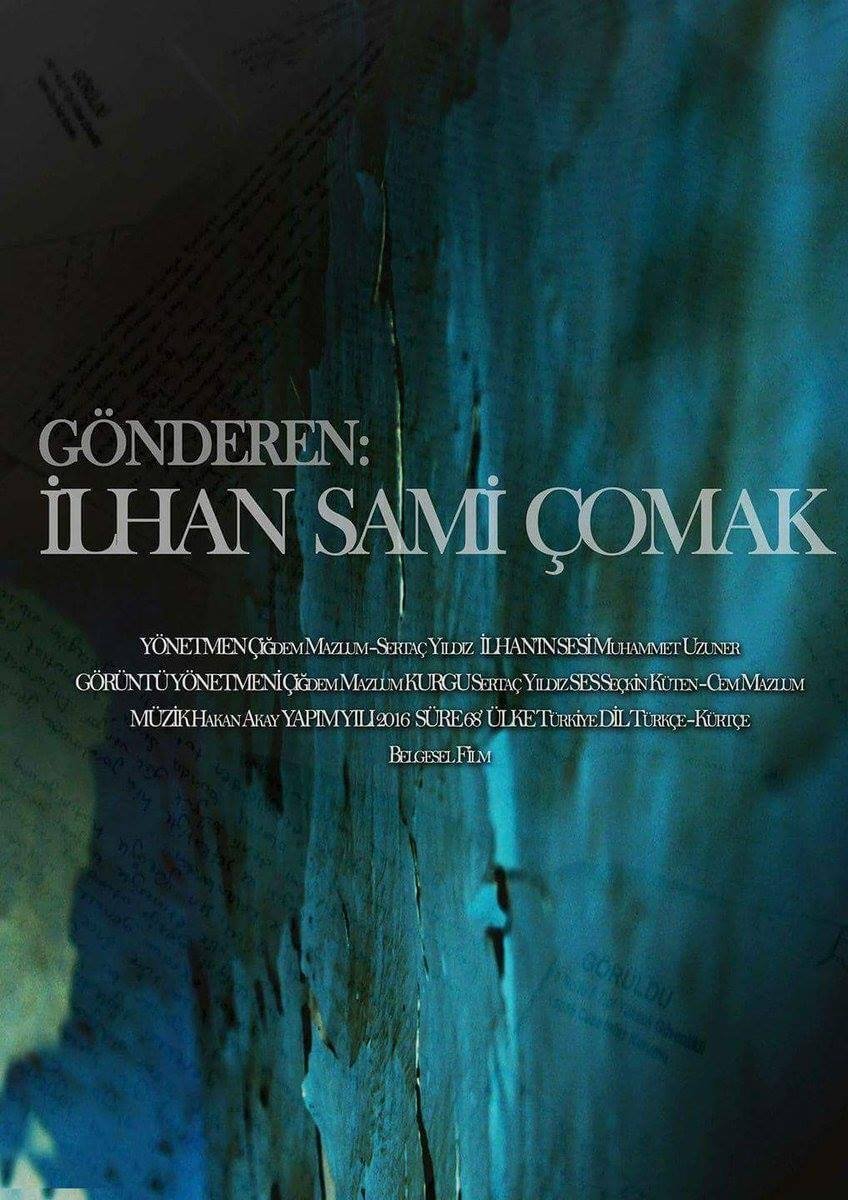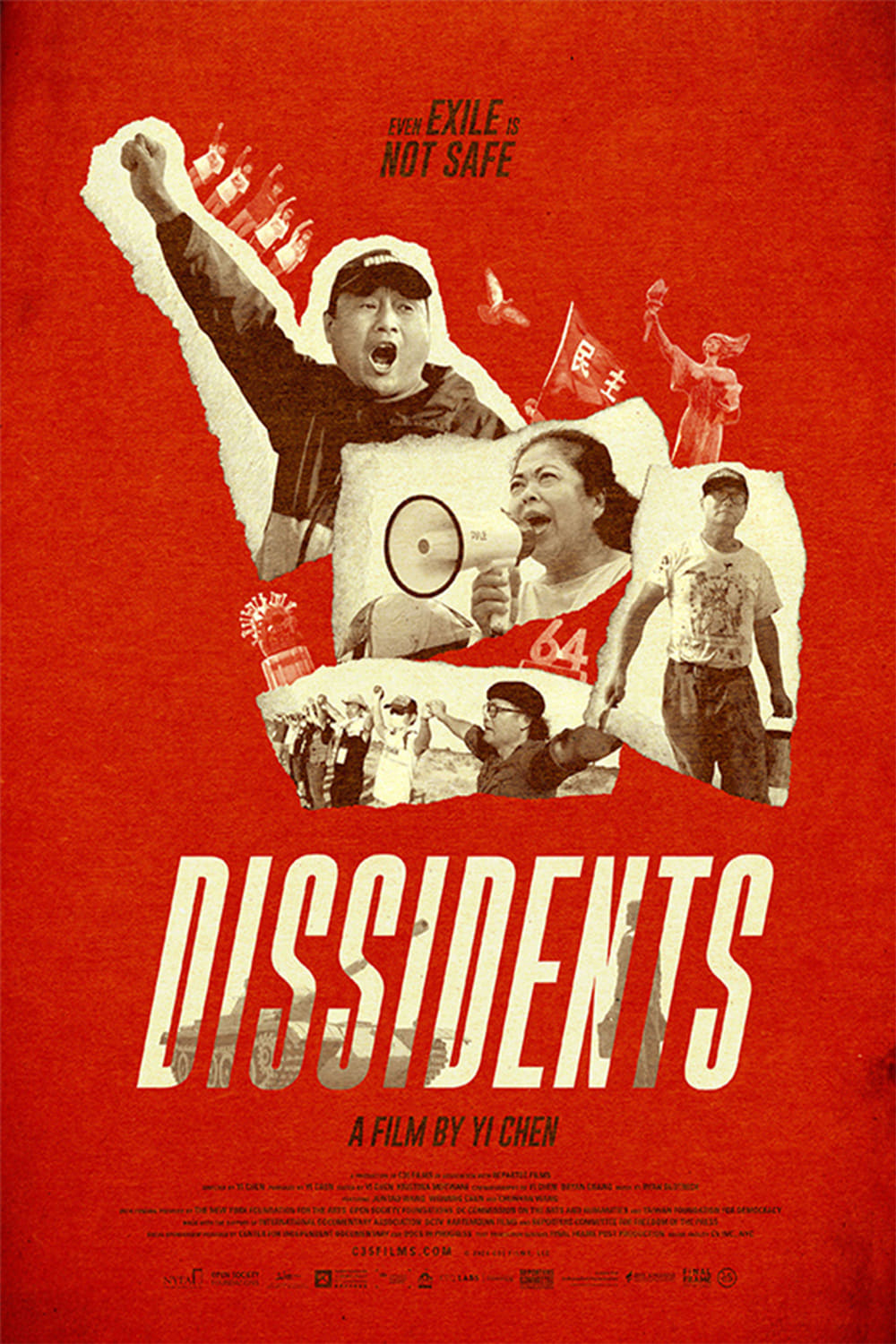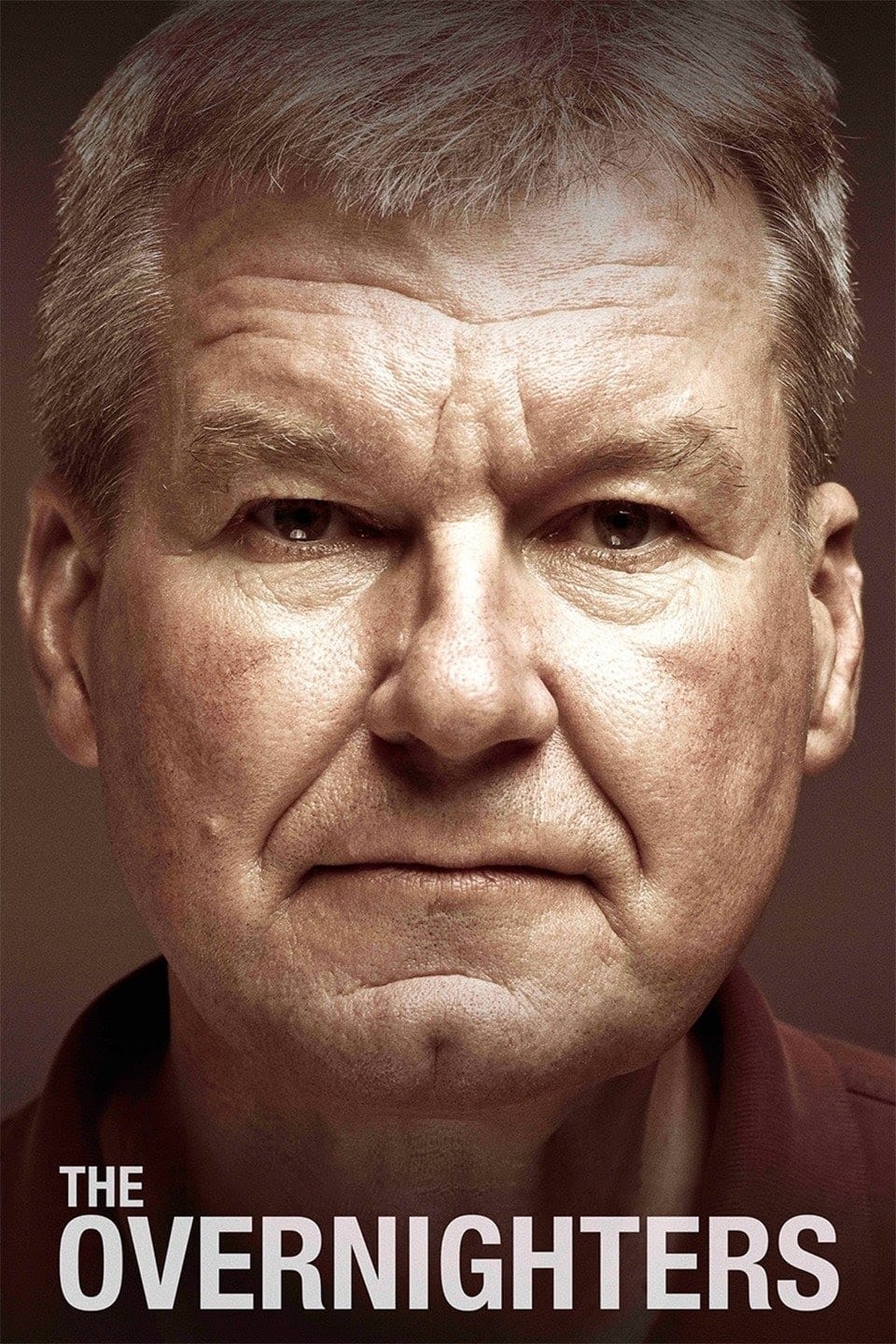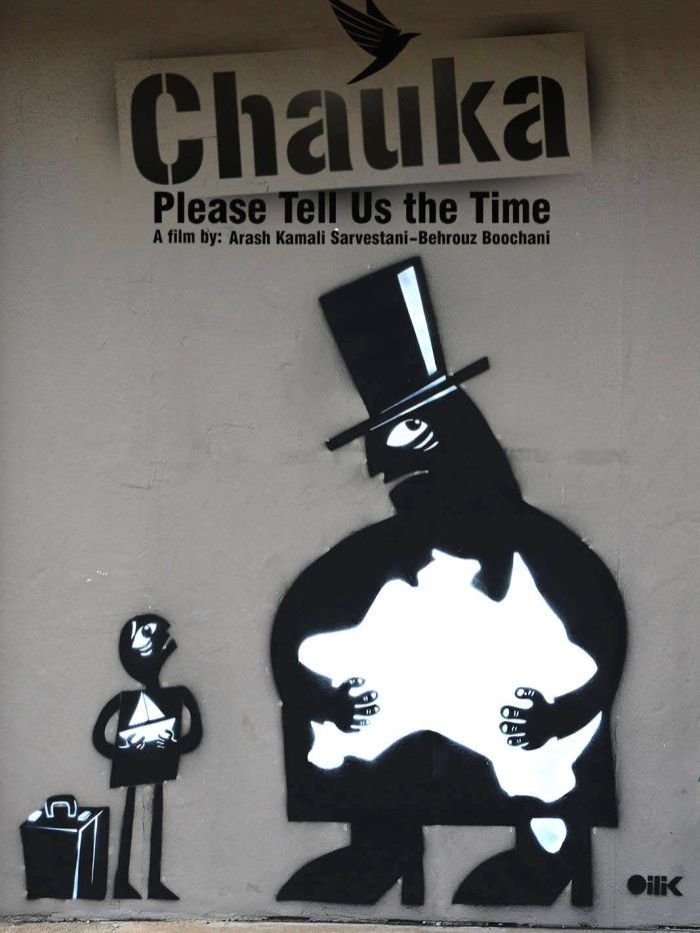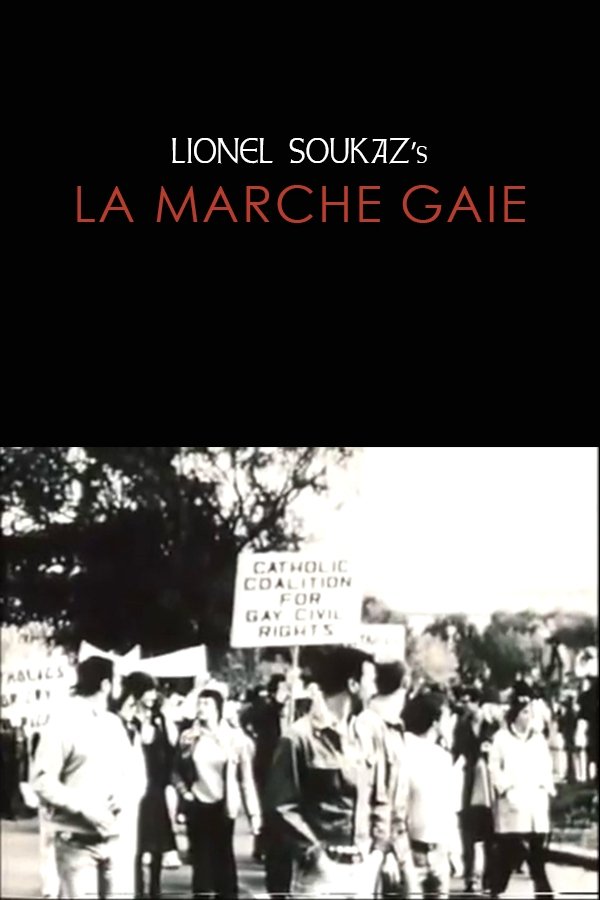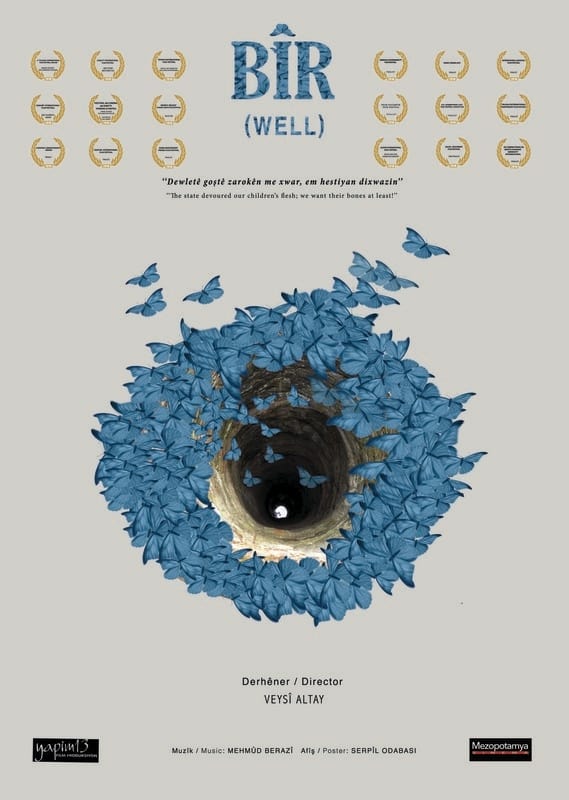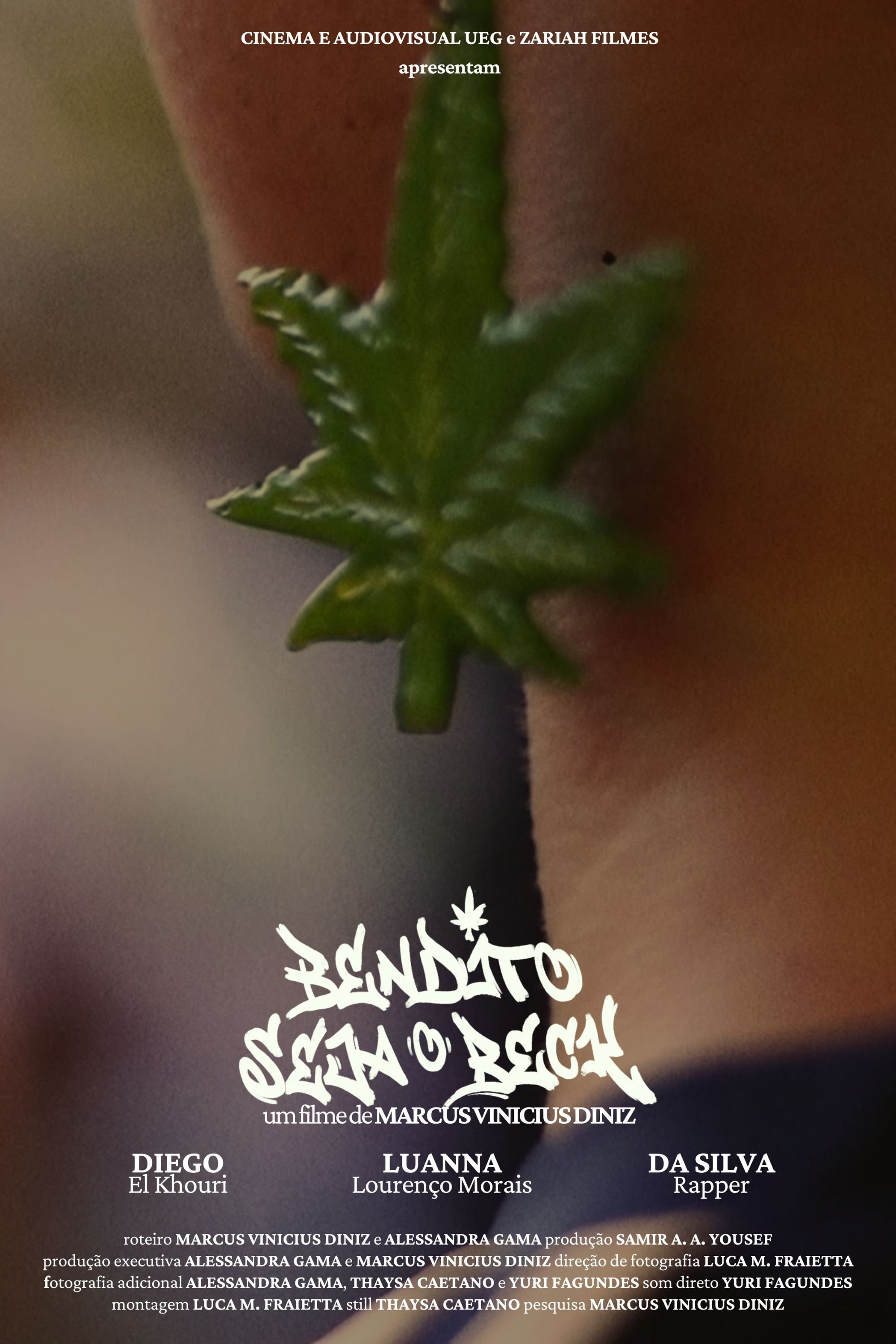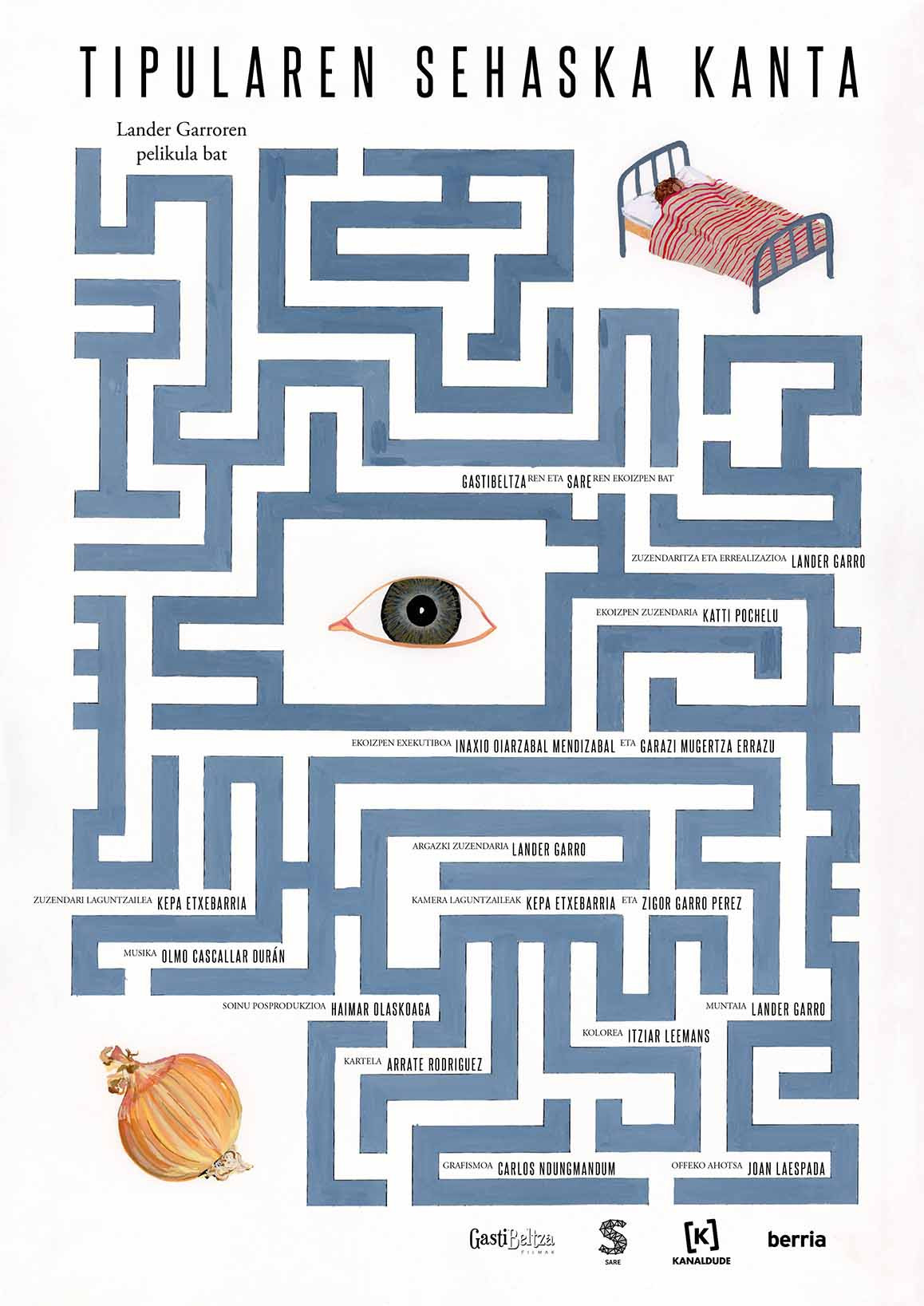
Lullaby of the onion (2022)
Overview
Going to the doctor to make a diagnosis or to have a treatment is a common thing in the outside world. But for every prisoner it is a very difficult or impossible path. Lander Garro, the director, turns to those who have lived the experience of being ill in prison to better understand its consequences. It uses a language that goes beyond political discourse, exploring the helplessness of prisoners whose right to health is limited from an emotional point of view, through cinematographic tools. 'Tipularen sehaska kanta' ('Nana de la cebolla' - 'Lullaby of the onion') more than a political film is an artistic film, narrated in the first person and from the entrails. Based on the poem 'Nana de la cebolla' by the Spanish poet Miguel Hernández, who died in prison in 1942, the film makes a historical analogy: if it didn't make sense to die in prison in 1936, does it make sense today?
Production Companies
Additional Info
| Budget | $0.00 |
|---|---|
| Revenue | $0.00 |
| Original Language | eu |
| Popularity | 0.4856 |
Directed By
Lander Garro
Crew
Lander Garro
TOP CAST
Similar Movies
Power Meri
Power Meri follows Papua New Guinea's first national women's rugby league team, the PNG Orchids, on their journey to the 2017 World Cup in Australia. These trailblazers must beat not only the sporting competition, but also intense sexism, a lack of funding, and national prejudice to reach their biggest stage yet.
Hating Peter Tatchell
The powerful and inspiring true story of the controversial human rights campaigner whose provocative acts of civil diso bedience rocked the British establishment, revolutionised attitudes to homosexuality and exposed world tyrants. As social attitudes change and history vindicates Peter's stance on gay rights, his David versus Goliath battles gradually win him status as a national treasure. The film follows Peter as he embarks on his riskiest crusade yet by seeking to disrupt the FIFA World Cup in Moscow to draw attention to the persecution of LGBT+ people in Russia and Chechnya.
Fidel Lemoy
Equatorial Guinea became independent 51 years ago from Spain. This African country lives under one of the longest-lived dictatorships in the world, Teodoro Obiang, a military man trained in Zaragoza. His regime strongly represses all freedoms, including sexual ones. Franco Spanish laws are still in force in the country, such as the «public scandal». It is not possible to protest on the street and the only LGTB organization in the country has not been able to legalize itself. In addition, the country’s Parliament is studying hardening the current penal code. To denounce the situation, the group «We are part of the world» has collected the voices of the community in a documentary that pays tribute to Fidel Lemoy, one of its best-known faces, who disappeared last year.
The World's Worst Place to Be Gay?
Scott Mills travels to Uganda where the death penalty could soon be introduced for being gay. The gay Radio 1 DJ finds out what it's like to live in a society which persecutes people like him and meets those who are leading the hate campaign.
Chasing Bonnie & Clyde
'Don't build prisons, they cost too much!' In this era of Great Recession, the conservative and tough-on-crime State of Texas takes an unprecedented path by becoming a social justice leader with programs that rehabilitate offenders. Looks like rape, abuse and death are no longer parts of the solution for modern-day Bonnie and Clyde...
War and Justice
War and Justice is the first and only true-life documentary about the International Criminal Court (ICC), thanks to unprecedented access to Ben Ferencz, Luis Moreno Ocampo (ICC’s first prosecutor), and Karim Khan (its current prosecutor). Film directors Marcus Vetter and Michele Gentile follow Ocampo around the world as he enlists the support of Academy Award-winning Angelina Jolie and as they join Ferencz in the uphill battle against wars in the Congo, Libya, Palestine, and Ukraine.
Posted by: İlhan Sami Çomak
The story puts İlhan Çomak at the center, even though he is not physically present in the film. It focuses on the 21 years that İlhan spent in prison and his family’s experience of those years without him. The narrative is constructed through the letters İlhan wrote and aims to describe his life, his emotions and longings. The film constructs İlhan’s history through a chronology in the prison but refrains from restricting it only to a “prisoner’s quest for justice”, and rather tells a story of the situations he finds himself in over the years and his emotions and their equivalents in life.
Dissidents
An artist's sculpture is burnt down, a protester is charged with a criminal case, and a democracy movement is violently attacked. In the United States, three Chinese dissidents fight for democracy against a superpower through art, petition, and grassroots organizing, but not even exile is safe.
The Overnighters
Desperate, broken men chase their dreams and run from their demons in the North Dakota oil fields. A local Pastor's decision to help them has extraordinary and unexpected consequences.
It Started with Trees – Revolt in the Gezi Park
Protesters diary from Gezi Park - Taksim Square, Istanbul. Occupy Gezi movement started when the government decided to build shopping mall in place of the last green area that remained in the middle of Taksim Square.
Chauka, Please Tell Us The Time
An urgent and powerful documentary, shot in a detention centre where asylum seekers trying to reach Australian shores are indefinitely detained. Secretly shot on a mobile phone by Iranian journalist Behrouz Boochani while detained on Manus, in Papua New Guinea, the film is a collaboration with Dutch-Iranian filmmaker Arash Kamali Sarvestani. Boochani recounts, via the testimonies of fellow inmates, the abuse and violence inflicted and the precarious state of limbo they find themselves in. Chauka, the name of the dreaded solitary confinement unit within the detention centre, was originally the name of a beautiful bird and symbol of the Manus Island. By interweaving dialogue with two Manusian men and shots of daily life on the island, the film gives a much-needed voice to Manus inhabitants, understandably distressed by the current situation. With marked restraint, the film exposes lives broken by shocking immigration policies.
Crimes of Honour
Throughout the Islamic world, each year hundreds of women are shot, stabbed, strangled or burned to death by male relatives because they are thought to have “dishonoured” their families. They may have lost their virginity, refused an arranged marriage or left an abusive husband. Even if a woman is raped or merely the victim of gossip, she must pay the price. Crimes of Honour documents the terrible reality of femicide – the belief that a girl’s body is the property of the family, and any suggestion of sexual impropriety must be cleansed with her blood. We meet women in hiding from their families, a brother who describes his reasons for killing the sister he loved, and a handful of women who have committed themselves to the protection of young women in danger of losing their lives.
I Am FEMEN
Oxana is a woman, a fighter, an artist. As a teenager, her passion for iconography almost inspires her to join a convent, but in the end she decides to devote her talents to the Femen movement. With Anna, Inna and Sasha, she founds the famous feminist group which protests against the regime and which will see her leave her homeland, Ukraine, and travel all over Europe. Driven by a creative zeal and a desire to change the world, Oxana allows us a glimpse into her world and her personality, which is as unassuming, mesmerising and vibrant as her passionate artworks.
La marche gaie
A short documentary about the October 14 1979 March For Lesbian And Gay Rights in Washington D.C.
Resistance
In the panorama of Kurdish music, Koma Berxwedan (Group Resistance) is one of the most interesting, innovative, experimental groups. To a deep love for music research the group has always associated a strong political commitment. Some of its members have joined the PKK guerrillas in the mountains of Kurdistan. Three of them died in combat. Some have been forced to live in exile and others continued to challenge the Turkish authorities by carrying out their work in Kurdistan.
Well
In the 1990s many people in Kurdistan were taken into custody and interrogated under torture; their killers disposed of the bodies by throwing them out of helicopters, or burying them in acid-filled wells. Thousands were murdered/disappeared by paramilitary forces—such as Jitem and Hizbul-Kontra—that were financed and supported by the state, though they have always stuck to the line: “We didn’t do it.” The documentary looks at the case of seven people, including four children, who were disappeared from the town of Kerboran [Dargeçit] in 1995, and tells the story of their families’ tireless search for their bones
Blessed be the Joint
In the midst of conservative politics in the city of Goiânia, an anti-prohibitionist collective mobilizes for the legalization of marijuana against government repression.
The Cave
Deep beneath the surface in the Syrian province of Ghouta, a group of female doctors have established an underground field hospital. Under the supervision of paediatrician Dr. Amani and her staff of doctors and nurses, hope is restored for some of the thousands of children and civilian victims of the ruthless Syrian civil war.
Net of Rights
Explores the relation between Internet protocols and the promotion and protection of Human Rights.


